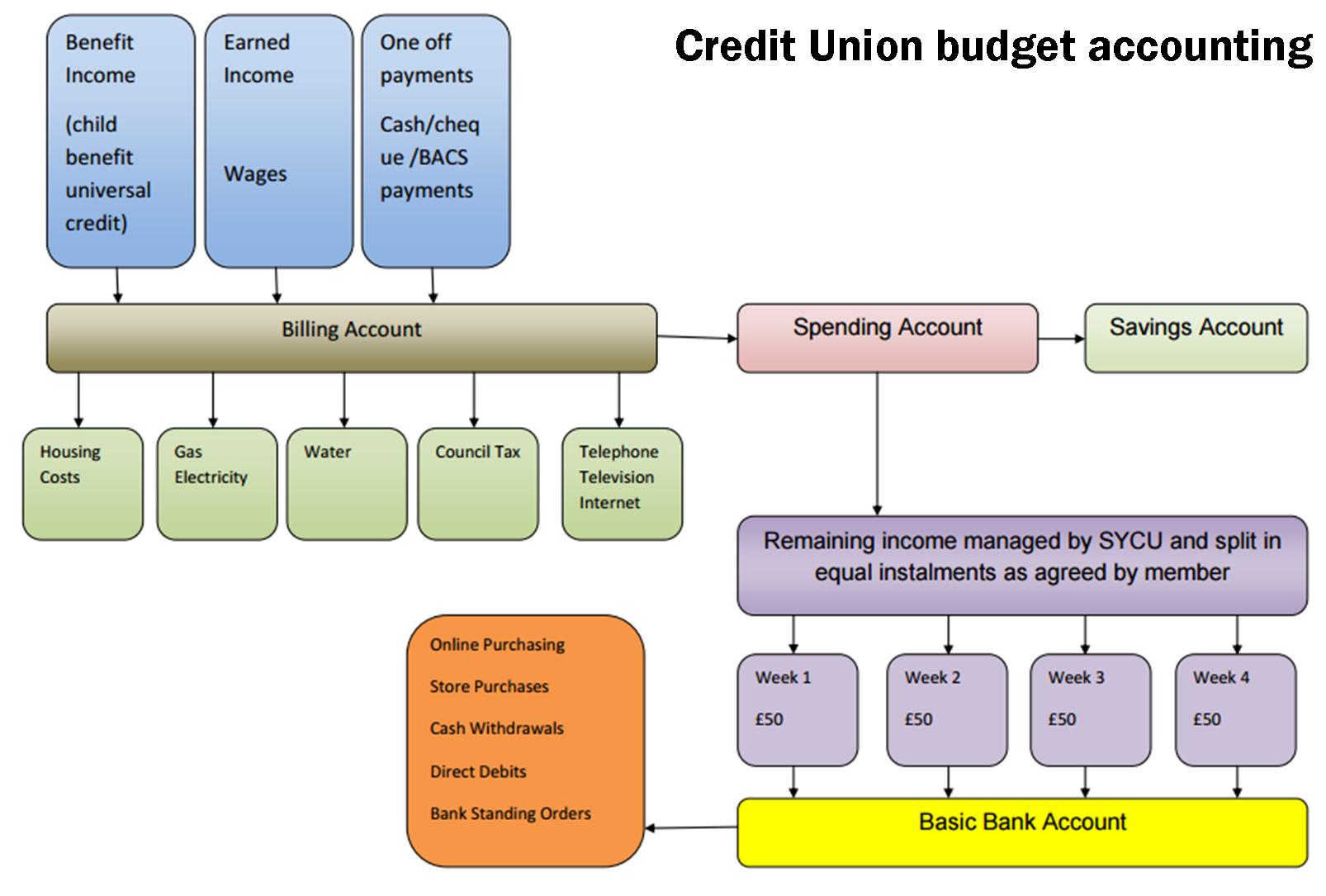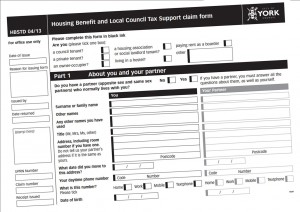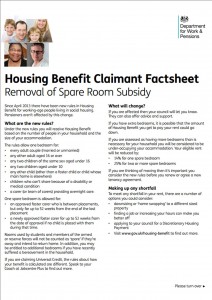Change to rent payments imminent
When Labour closed the Council’s local branch office in Acomb in February 2013, residents were promised that replacement advice services would continue to be provided.
To avoid a long trip to the new Council HQ in the City centre, the intention had been to provide a small extension at the Acomb Library where housing and neighbourhood workers would be permanently located. The Council had by 2010 purchased land to allow the extension to take place.
The land (left), which is located between the library and the bowling club, still lies derelict and unused 5 years later.
The Housing Departments promise of improved advice services have proved to be derelict. The West Office reception area is often very busy and the time taken to answer telephone calls can sometimes be excessive.
Services at local community centres have also faded away.
- There have been no housing advice sessions at Gateway since January
- Chapelfields has also been cancelled.
- Space 217 in Holgate has not been used for advice sessions on a regular basis.
- None are taking place in Dringhouses.
This leaves only Foxwood operating but with little publicity.

Kingsway abandoned noticeboard
The Council web site does show Foxwood and Acomb Explore Library as functioning (but offering only a telephone contact) There is little local publicity with the phantom public notice boards in the Kingsway area remaining unused and continuing to display information which is two years out of date.
While many enquiries will be dealt with by phone, a substantial increase in calls is likely to be generated by the move to the Universal Credit (UC) system in a few weeks time.
UC is paid monthly to the tenant and can be on any day of the month.
No account will be taken of the 48 week rent year in UC. Some may find it difficult to budget on this basis and there is a great risk that rent arrears will rise.
The UC pilots around the country have seen a big increase in rent arrears and tenants have struggled to cope with monthly payments made direct to themselves.
Housing Department consults on move to 52 week rent payment system
In a note to Tenants Associations the Council says,
“City of York Council tenants (Secure and Introductory) currently get charged rent over 48 weeks rather than over the full financial year of 52 weeks. There are 4 rent free weeks, 2 over Christmas and 2 at the end of March.
5894 of 7749 tenants are of working age. 63.49% of tenants claim full or partial Housing Benefit (HB), many while earning a wage, paid direct to the rent account. This is automatically adjusted by the HB department to account for the 48 week rent year.
Working age tenants will be paid housing costs (formerly HB) via Universal Credit (UC) in the near future.
This is a risk for Council and it’s tenants as this money pays for services
It is also a risk for individual tenants who could be at risk of losing their home if they fall in to rent arrears. We can help tenants budget by removing the rent free weeks and giving them good advice.
Direct Debit payers currently pay in 12 instalments over the year, and their account goes in to arrears because of the rent free weeks.
Weekly rent would be reduced as the rent is spread over more weeks:
If your current rent is £81.25 per week and is collected over 48 weeks you will pay £3900 per year.
When you move over to 52 weeks your rent will be £75.00 per week which is £3900 per year.
For tenants that want to retain the rent free weeks we could look at ways of taking payments say through standing order or direct debit that mean they get a rent free period…or simply work out the weekly amount for you.
Most housing organisations have already changed to a 52 week rent year”.
Coupled with failure to provide estate improvements in some areas – where officials have decided that the absence of a formal residents association means no budget can be allocated – the latest revelations are likely to increase pressure on Councillors to undertake a root and branch review of the effectiveness of social housing management in the City

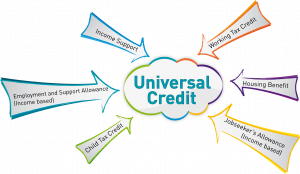 City of York Council is advising York residents to be aware of Universal Credit payment changes ahead of the festive period.
City of York Council is advising York residents to be aware of Universal Credit payment changes ahead of the festive period.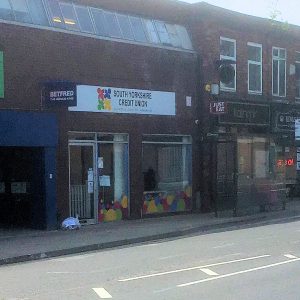 The York Council has agreed to pay some of the fees involved in setting up and running a budget bank account at the Credit Union shop at 8 Acomb Court off York Road (tel.03030 300010) .
The York Council has agreed to pay some of the fees involved in setting up and running a budget bank account at the Credit Union shop at 8 Acomb Court off York Road (tel.03030 300010) .